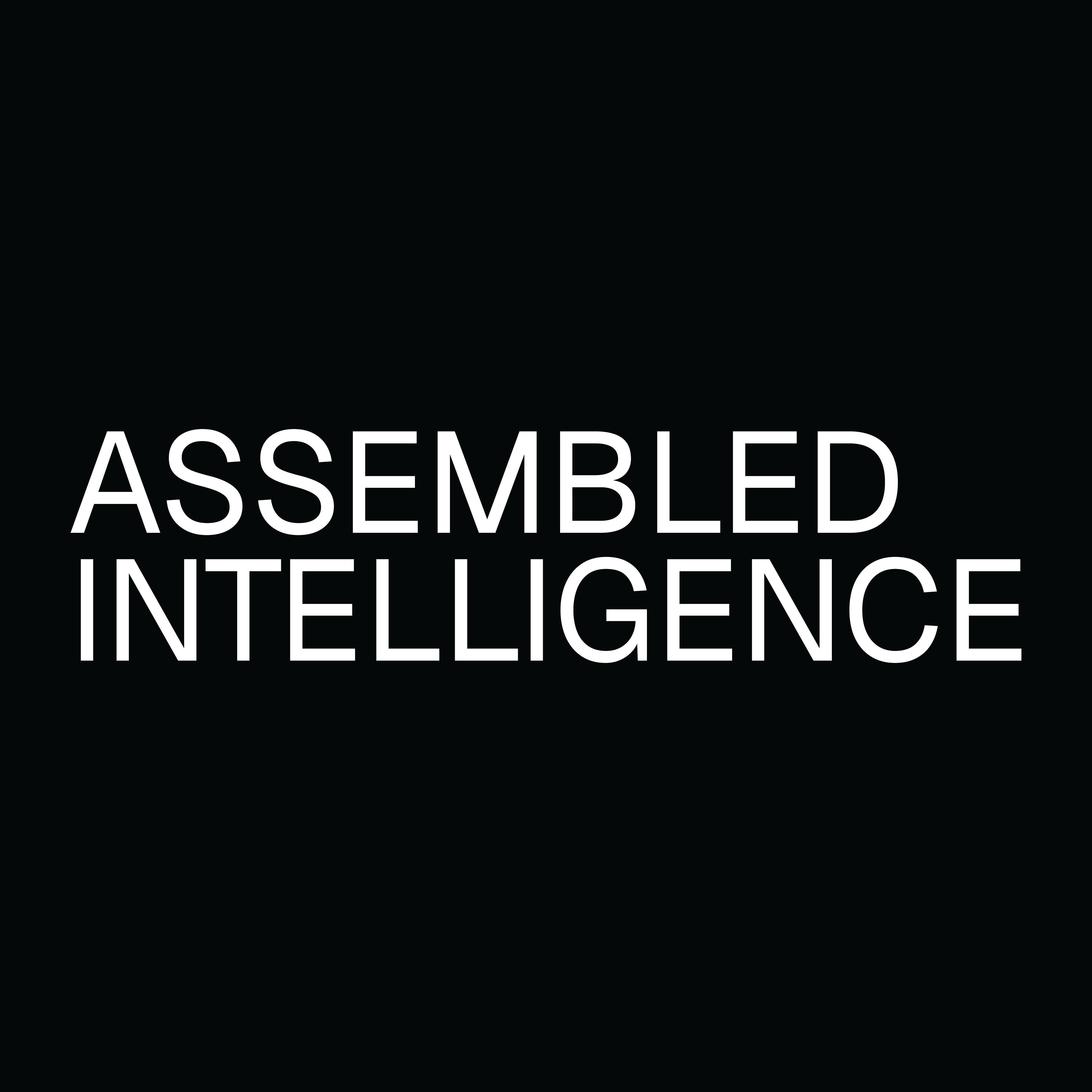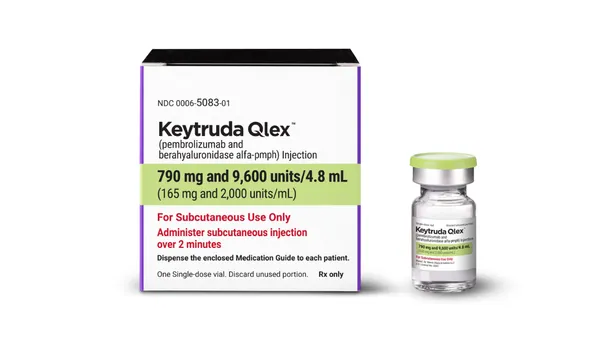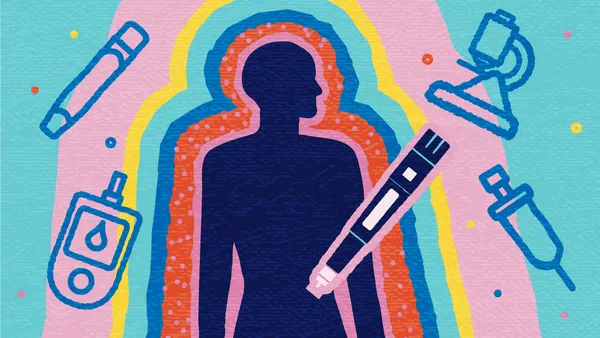August 2006 VIEW on Medical Education Metrics Measuring the Future of CME Steven Mankofsky, Director Jane Perrotta, Clinical Editor CME providers need to partner with all stakeholders — physicians, their professional societies, medical specialties, payers, industry — to develop appropriate measurements for both physician and patient outcome levels. Over the past decade, there has been considerable debate concerning the very character of continuing medical education. While there is no doubt that CME is an essential part of healthcare, the relatively passive role of the clinician in the process has been cause for concern. A new paradigm of CME has emerged from the debate. From the physician side, the American Board of Medical Specialties and its member organizations have instituted Maintenance of Certification (MOC) programs. As part of the MOC process, physicians assess their own educational needs in the context of their individual practices, develop an educational strategy, and measure their performance. The result is a continuous cycle of assessment and learning, with the goal of improving patient care and outcomes. From the education provider side, the ACCME has affirmed the role of CME providers in the MOC process. Providers can help physicians determine their educational needs, offer education to meet these needs, and evaluate the education, particularly as it relates to the physician’s practice performance and the overall impact on healthcare quality improvement. Metrics Matter The central theme that resonates throughout this new paradigm is measurements, and there is a clear need to link measurements at all levels to appropriate education. Physicians must: • Assess their own educational needs, with respect to knowledge, competence, and performance in practice • Be able to put these needs into measurable terms that are comprehensive and reflect the scope of his or her practice of medicine • Be able to measure change or improvement in knowledge, competence, or performance in practice Education providers must: • Partner with physicians, payers, and other stakeholders to develop appropriate education to meet their needs • Obtain needs-assessment data from all stakeholders as part of educational design and planning • Emphasize performance-based outcomes measurements • Develop innovative formats and curricula to meet the ongoing needs of physicians • Develop performance data based on physicians’ actual practices A New Paradigm Traditional CME outcomes measures have focused on learning within the framework of a single activity. Outcomes are measured immediately after an activity and several weeks later to provide indications of the impact of the education. Within the new paradigm, however, CME is becoming a credible, evidence-based educational delivery mechanism that provides metrics on physician-level learning and behavior, patient outcomes, and system-wide performance. Measuring long-term impacts of multiple education initiatives on several levels is therefore an essential feature of this process to evaluate: physician learning; alignment of the physician with various performance indicators; patient outcomes; healthcare system performance; and payer disease-management processes. With payers developing disease-management protocols and initiating pay-for-performance physician incentives, the need for physicians to incorporate a number of practice changes becomes a critical point. CME, with its focus on measurements, is poised to become the connector between health plans/payers and the physician, thereby serving as a risk mitigator for payer and physician alike. Meeting Physician Needs Physicians face considerable challenges in the 21st Century, such as the complexity of medical knowledge that is continuously being updated, the regulatory environment, managed-care and disease-management programs, pay-for-performance models, and Medicare Part D. Keeping abreast of these issues will require physicians to take a more active role in determining their educational needs as they strive to improve outcomes for their patients. While pay for performance may be a key incentive for some physicians, the fact that most medical boards are requiring this process as part of MOC is also a powerful motivator. cme2, Montvale, N.J., provides innovative, clinically relevant, outcomes-driven medical-education programming that anticipates and fulfills the needs of healthcare professionals and other stakeholders. For more information, visit cme-2.com.
An article from


Measuring the Future of CME
Filed Under:
Commercialization









